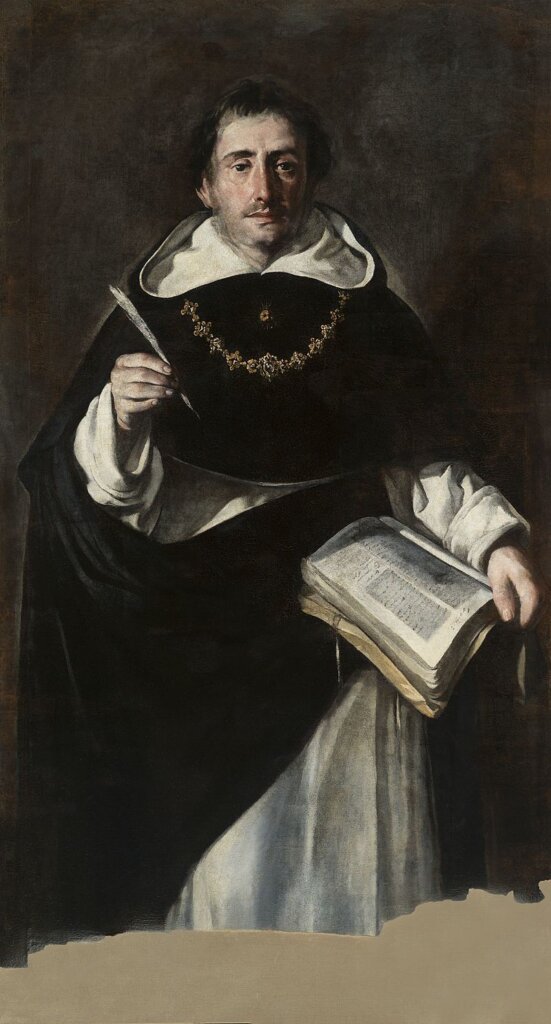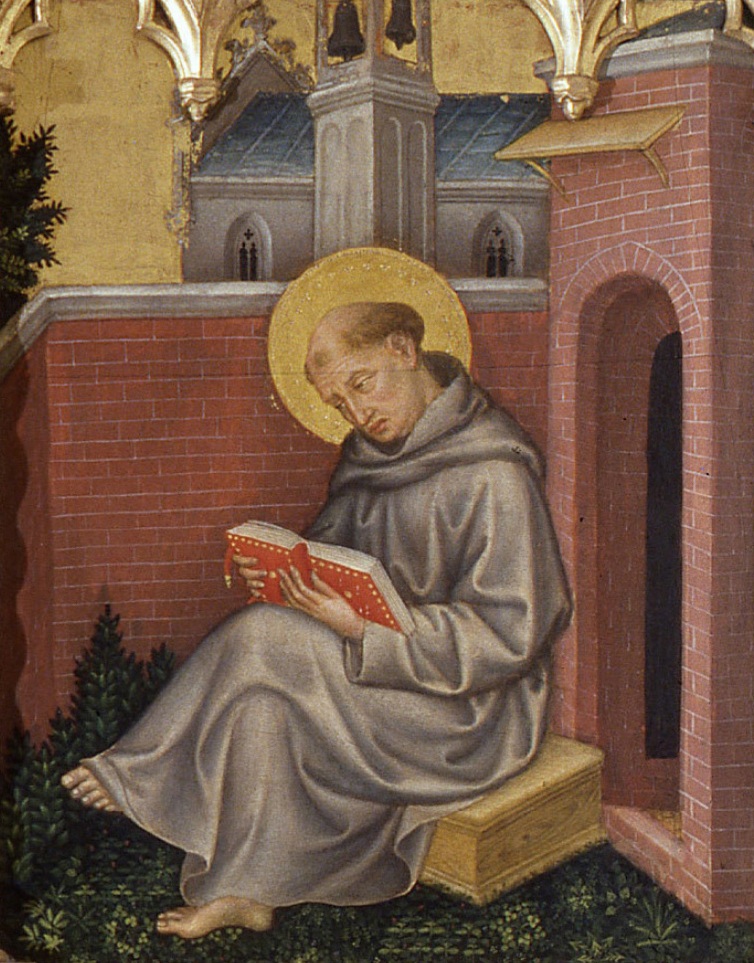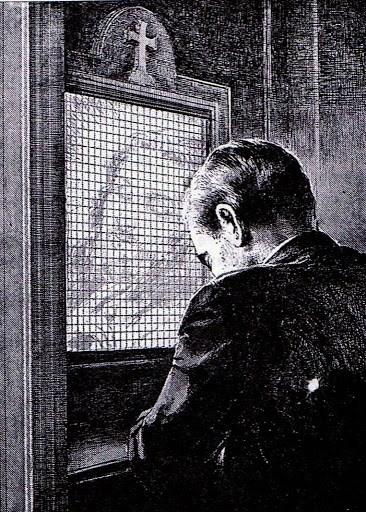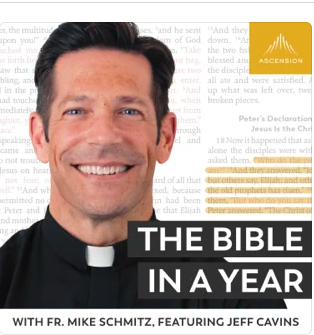
mindfulchristianitytoday.com

416 N 2nd St, Albemarle NC 28001 | (704) 982-2910

mindfulchristianitytoday.com

//Office of Family Life – Diocese of Charlotte//

God has given the Church his law as “the way of life and truth.” We, therefore, have the right to be taught and guided while maintaining a spirit of docility in love. In this, Fr. Mike reminds us that the Church is our caring mother. Her care extends into the five precepts of the Church, those laws establishing the very minimum needed to remain an active member of the Body of Christ. These have to do with attending Mass, receiving the sacraments, fasting, and providing for the needs of the Church. Today’s readings are Catechism paragraphs 2037-2043.
Click on link: https://youtu.be/sqtGnhY7FOs?si=uubQzY9K3AaFKfOx

An early follower of Francis was not able to sustain the extreme fasting that Francis himself practiced. Rather than shaming the man, Francis broke his own fast so that his hungry brother could eat. Religious practices can never become more important than the end to which they lead: love of God and love of neighbor. Jesus makes this point again and again in the Gospels. It’s a good lesson at the beginning of Lent. What we do for Lent is far less important than why we do it. The time-honored traditions of prayer, fasting, and almsgiving are less to benefit us than to draw us closer to God and improve the lives of those around us.
—from the book Lent with St. Francis: Daily Reflections by Diane M. Houdek

St. Fiacre (d. 670 A.D.) was born in Ireland and was raised from childhood in an Irish monastery. There he grew in knowledge as well as holiness, and became a priest. He retired to a hermitage to live in prayer and solitude, but men began to flock to him to imitate his way of life and become his disciples. To escape them, Fiacre left Ireland to establish a new hermitage in France. He went to the bishop and asked for land to plant a garden to grow food as well as herbs for medicinal healing, a science which he studied in the monastery. The bishop agreed to give Fiacre as much land as he could entrench. Fiacre picked a plot of land and walked around its perimeter, dragging his shovel behind him. Wherever his spade touched the ground, the land was miraculously cleared and the soil became entrenched. St. Fiacre lived a life of great mortification in prayer, fasting, vigils, and manual labor in his garden. Disciples gathered around him again, and soon formed a monastery. St. Fiacre then built an oratory in honor of the Virgin Mary, a hospice in which he received strangers, and a cell for his own dwelling. His fame for performing miracles became widespread, and his garden became a place of pilgrimage for centuries for those seeking healing. St. Fiacre is best known as the patron of gardeners, florists, and cab drivers. His feast day is August 30th.
St. Fiacre, pray for us!
//Catholic Company//


The fourth Sunday of Lent is traditionally known by the name Laetare Sunday. This name is taken from the Introit at Mass, Laetare Jerusalem which means “Rejoice, O Jerusalem.” Laetare Sunday marks the halfway point through the Lenten season of fasting, abstinence, and penance, and because of this it is a day of joy in anticipation of the close arrival of Easter. This day corresponds with Gaudete Sunday halfway through the Advent season, where the priests wear rose-colored liturgical vestments and the altar is decorated with flowers, often roses.
//The Catholic Company//


With Lent comes fasting—and fasting is, for most of us, the most challenging part of the Lenten season.
It’s not easy to persevere in our sacrifices and intensified prayer. But disciplining our appetite is especially difficult. Physical appetites are strong and we’re weak!
We don’t have to let our failures get us down, however. We can petition God for His grace, seek inspiration through the writings of the saints and theologians of the Church, and try again.
The truth is, fasting has an irreplaceable role in the spiritual life. It brings about powerful spiritual growth. Jesus Himself told us that some demons could only be driven out by prayer and fasting (Mark 9:29). And yet fasting is something that we modern Catholics tend to struggle with.
If we understand why fasting is so important, our will to do it can be strengthened.
So, why is it important?

The glorious St. Thomas Aquinas gives us three important reasons for fasting from his Summa Theologica.
He begins by reminding us what defines a virtuous act:
An act is virtuous through being directed by reason to some virtuous good. Now this is consistent with fasting, because fasting is practiced for a threefold purpose.
And here are his three reasons:

First, in order to bridle the lusts of the flesh, wherefore the Apostle says (2 Corinthians 6:5-6): “In fasting, in chastity,” since fasting is the guardian of chastity. For…lust is cooled by abstinence in meat and drink.
St. Thomas Aquinas
In other words, denying ourselves food and drink helps us to control our other appetites and passions. Practicing self-denial in one area helps us practice temperance in all areas.

Secondly, we have recourse to fasting in order that the mind may arise more freely to the contemplation of heavenly things: hence it is related of Daniel (Daniel 10) that he received a revelation from God after fasting for three weeks.
St. Thomas Aquinas
When we are not concerned with food and drink, or lulled into comfort by the effects of a good meal, we can more readily focus our entire attention on God.

Thirdly, in order to satisfy for sins: wherefore it is written (Joel 2:12): “Be converted to Me with all your heart, in fasting and in weeping and in mourning.” The same is declared by Augustine in a sermon: “Fasting cleanses the soul, raises the mind, subjects one’s flesh to the spirit, renders the heart contrite and humble, scatters the clouds of concupiscence, quenches the fire of lust, kindles the true light of chastity.”
St. Thomas Aquinas
There are few better ways to offer repentance for our sins than by fasting. We take on discomfort and the pangs of hunger and give it all to Our Lord in sorrow for the ways in which we have turned against Him.
Of course we need good, healthy food, and delicious food can be an incredible blessing and enjoyment. We should enjoy it!
But at times it is good to free ourselves from our bodily appetites and offer them to God in prayer and repentance. The penitential seasons of Lent and Advent are set aside for this by Holy Mother Church,
As we move toward Lent, will you make fasting a key part of your Lenten plan?
Are you looking for the perfect Lenten devotional? Take a look at The Life of Christ, a new 40-day Lenten series from Good Catholic. It’s perfect for any Lenten plan. Sign up today and take the journey with us!
ByGenevieve CunninghamPublished January 29, 2021 at 10:54 am Series
//Good Catholic//

Fr. Mike highlights the importance of prayer and fasting, instructing us how to fast and empty ourselves to feel our spiritual need for Christ. He also discusses faithfulness in vocations and living out the life God has called you to. Today’s readings are from Acts 13, 1 Corinthians 7-8, and Proverbs 28:4-6.
Click on link: https://youtu.be/a_8r-a9J8WU
